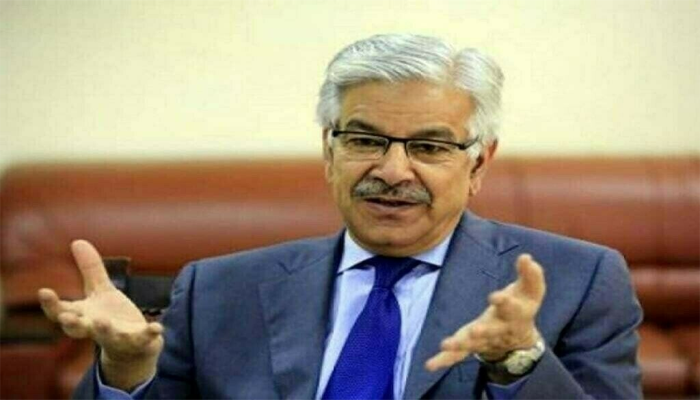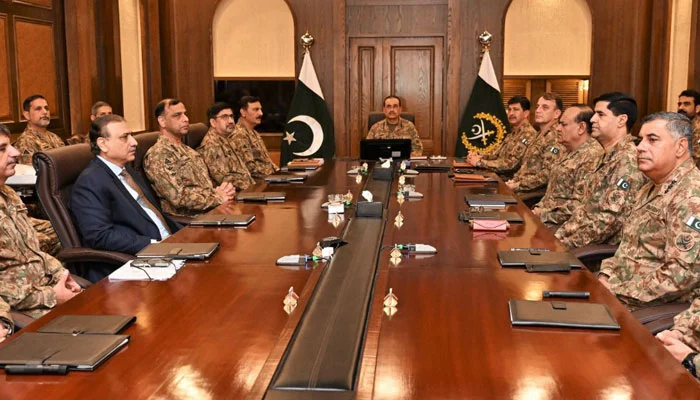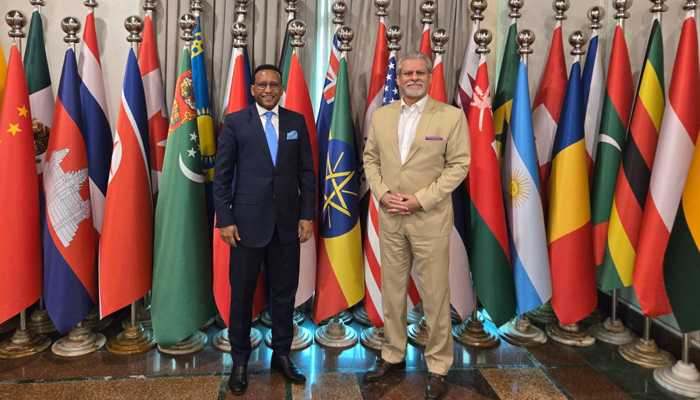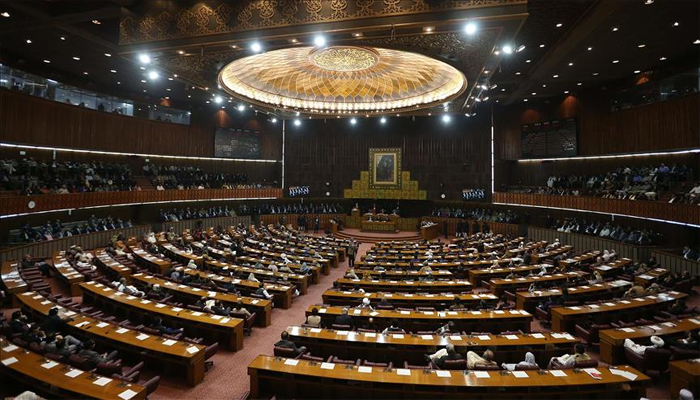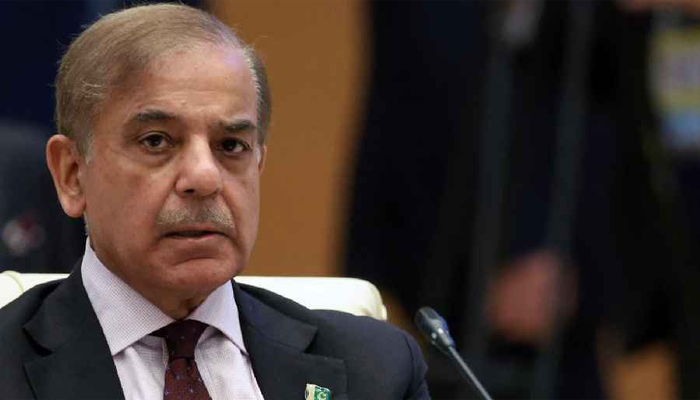ISLAMABAD: Defence Minister Khawaja Asif has revealed that Pakistan successfully jammed Indian Rafale fighter jets during a recent escalation along the Line of Control (LoC), forcing them to retreat.
In a televised interview, Asif stated that the Indian Air Force deployed Rafale jets over occupied Kashmir during heightened tensions between the two nuclear-armed neighbours. According to him, Pakistani forces responded swiftly and electronically jammed the Indian aircraft, disrupting their operations and compelling them to withdraw.
Asif emphasized that the encounter was a significant show of Pakistan's electronic warfare capabilities. He warned that tensions between the two nations remain high and that the possibility of further military skirmishes cannot be ruled out in the near future.
The Minister also referred to the recent incident in Pahalgam, where an alleged attack on April 22 claimed the lives of 26 people and left several injured. In the immediate aftermath, India blamed Pakistan for the attack without providing any conclusive evidence. Asif noted that had Pakistan not demanded an independent investigation into the Pahalgam incident, the international community’s stance could have been harsher toward Islamabad.
In response to the Pahalgam incident, the Indian government led by Prime Minister Narendra Modi took a series of aggressive diplomatic and strategic steps. These included the unilateral suspension of the Indus Waters Treaty — a decades-old water-sharing agreement between the two countries — and issuing a 48-hour ultimatum for Pakistani nationals to leave India.
Additionally, India moved to block the social media accounts of Pakistani news organizations, politicians, and even cricketers, in what Asif described as an attempt to suppress Pakistan’s narrative and amplify its own propaganda.
Khawaja Asif further stated that Pakistan will approach the World Bank in the coming days to formally lodge a complaint against India’s suspension of the Indus Waters Treaty. He called the move a blatant violation of international agreements and warned of legal and diplomatic consequences.
The situation remains tense, with both sides exchanging accusations and bolstering their military postures along the LoC.

